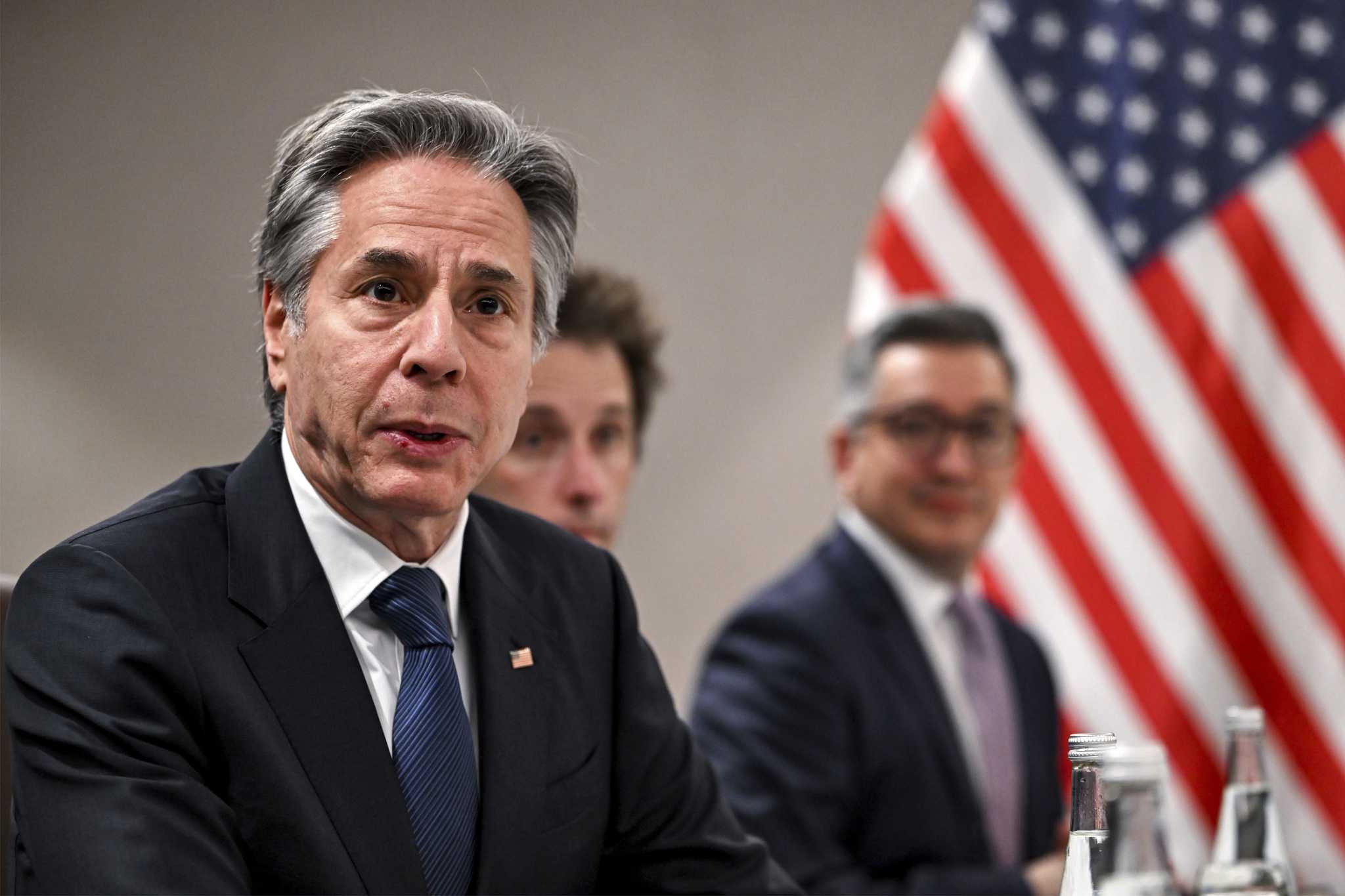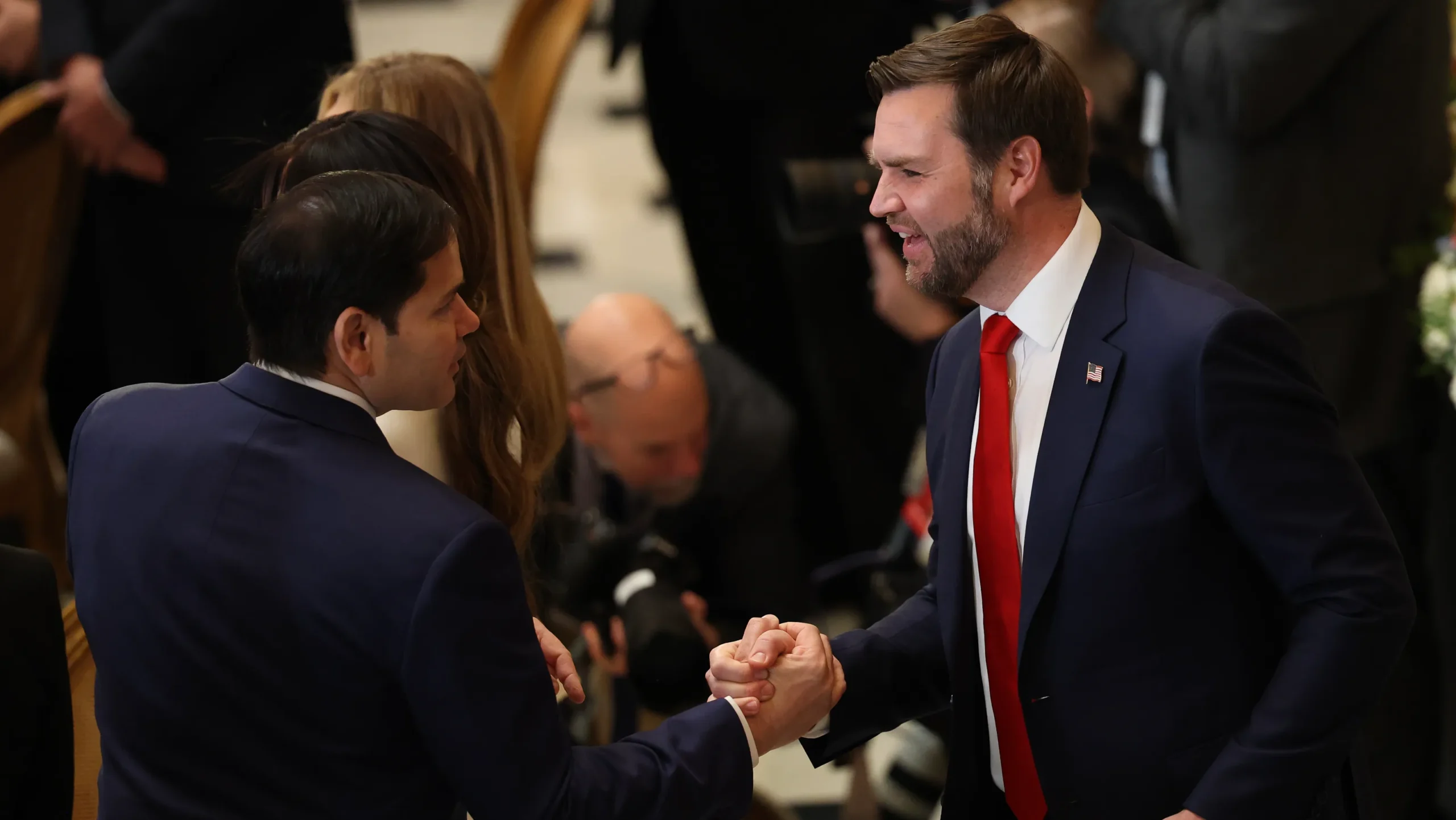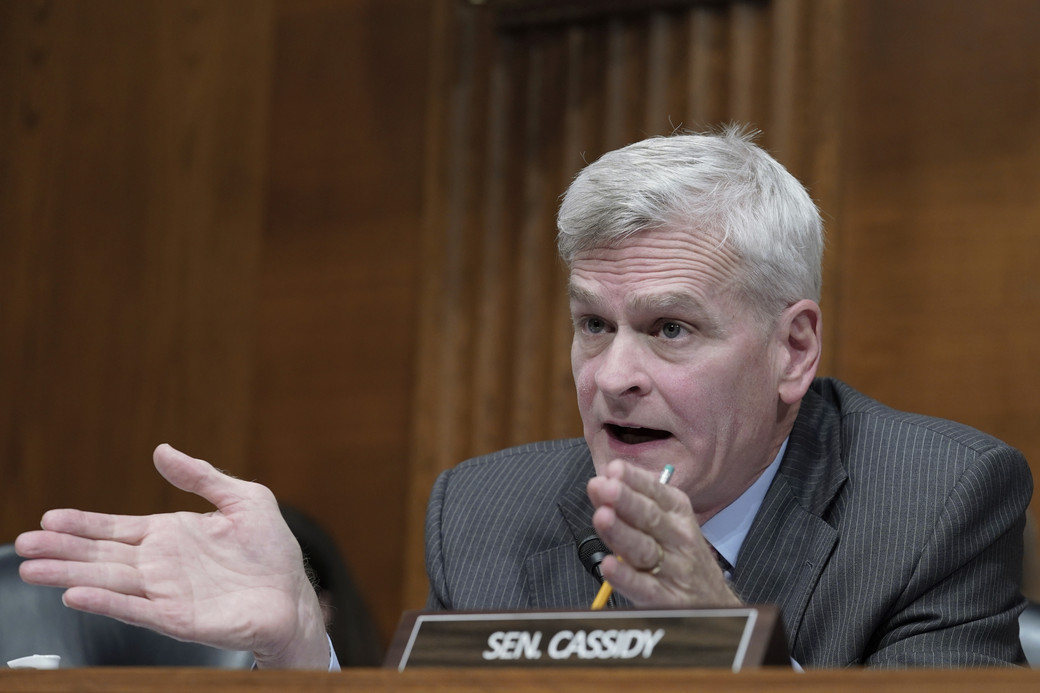In a groundbreaking revelation, U.S. Secretary of State Antony Blinken recently confirmed that American officials have established direct contact with the Syrian rebel group responsible for ousting President Bashar al-Assad. This development marks a significant shift in U.S. foreign policy toward Syria, signaling potential changes in the geopolitical landscape of the Middle East. While the details of these interactions remain largely undisclosed, the confirmation has raised questions about the U.S.’s role in Syria’s post-Assad transition, its interests in the region, and the broader implications for international diplomacy.
Background: Syria’s Ongoing Conflict
Syria has been embroiled in a devastating civil war since 2011. The conflict began as a series of peaceful protests against Assad’s authoritarian regime but quickly escalated into a multifaceted war involving numerous factions, including rebel groups, Islamist extremists, and international powers like the U.S., Russia, and Iran.
Over the years, Assad managed to cling to power, largely due to support from Russia and Iran. However, recent reports suggest that a coalition of Syrian rebel groups succeeded in overthrowing his regime. This coalition, reportedly composed of moderate and Islamist factions, now faces the daunting task of rebuilding a nation ravaged by years of war.
US Policy in Syria: A Complex History
The United States has historically taken a cautious approach toward the Syrian conflict. While condemning Assad’s regime for human rights abuses and alleged use of chemical weapons, the U.S. has been reluctant to engage directly in the conflict. Instead, it has supported various opposition groups through financial aid, military training, and intelligence sharing.
The complexity of the Syrian rebel landscape has always been a challenge for U.S. policymakers. Many rebel groups have been accused of extremist affiliations, complicating Washington’s efforts to align with factions that share democratic values and long-term stability goals.
Blinken’s Statement: What We Know
Antony Blinken’s announcement marks a significant departure from the previous ambiguity surrounding U.S. engagement with Syrian rebels. Speaking at a press conference, Blinken stated:
“We have been in direct contact with the group that played a central role in the recent developments in Syria. Our discussions are focused on ensuring stability, preventing further violence, and supporting the aspirations of the Syrian people.”
Although Blinken did not identify the group by name, his comments suggest that the U.S. is now actively involved in shaping Syria’s post-Assad future. This move reflects a calculated decision to engage with local actors, aiming to fill the power vacuum left by Assad’s departure and to prevent extremist groups from gaining a foothold.
Why Now? The Timing of US Involvement
The timing of the U.S.’s direct engagement raises several questions. Why has Washington chosen this moment to establish contact with the Syrian rebel group? Several factors could explain this shift:
- Collapse of Assad’s Regime
With Assad reportedly ousted, Syria has entered a critical transition period. The absence of a centralized government creates both challenges and opportunities for international actors. By engaging with the new power brokers, the U.S. aims to influence Syria’s future trajectory and promote stability. - Containment of Extremist Groups
The fall of Assad’s regime could lead to a power vacuum, which extremist groups like ISIS or Al-Qaeda affiliates might exploit. The U.S. likely views its engagement with the rebel coalition as a way to counterbalance these threats. - Geopolitical Rivalries
The U.S.’s increased involvement in Syria could be a strategic response to counter Russian and Iranian influence. Both countries have heavily invested in Syria’s conflict, supporting Assad to maintain their foothold in the region. Engaging with the new rebel leadership allows the U.S. to assert its presence in the evolving power dynamics. - Humanitarian Concerns
The Syrian conflict has resulted in one of the worst humanitarian crises in recent history, with millions of refugees and internally displaced persons. By engaging with the rebel group, the U.S. could prioritize addressing these issues, promoting stability, and ensuring the safe return of displaced populations.
Challenges Ahead for the U.S.
While direct contact with the Syrian rebel group signals a proactive approach, it also comes with significant challenges:
- Factionalism Among Rebels
The coalition that ousted Assad is reportedly a mix of moderate and Islamist factions. Aligning with a group that represents U.S. values and interests could prove difficult, especially if extremist elements hold influence within the coalition. - Regional Reactions
U.S. engagement with Syrian rebels will likely draw criticism from other regional powers. Iran and Russia, in particular, may view this as a direct challenge to their influence in Syria, potentially escalating tensions. - Long-Term Commitment
Rebuilding Syria will require sustained international support, including economic aid, political mediation, and security guarantees. The U.S. must be prepared for a long-term commitment, which could strain resources and political will. - Public Opinion and Domestic Politics
U.S. involvement in Syria has been a contentious issue domestically, with critics questioning the efficacy and morality of previous interventions. Blinken’s announcement may reignite debates over the U.S.’s role in foreign conflicts.
Opportunities for Positive Change
Despite these challenges, the U.S.’s engagement also presents opportunities to shape Syria’s future positively:
- Promoting Democratic Values
By supporting moderate factions within the rebel coalition, the U.S. can help establish a governance model rooted in democracy, human rights, and the rule of law. - Fostering Regional Stability
A stable and peaceful Syria would have far-reaching benefits for the Middle East. It could reduce the refugee burden on neighboring countries, curtail the spread of extremism, and improve regional economic prospects. - Strengthening Alliances
U.S. involvement in Syria’s post-conflict reconstruction could strengthen alliances with other international actors committed to stability, such as the European Union and certain Arab states. - Humanitarian Aid and Reconstruction
By leading efforts to address Syria’s humanitarian crisis, the U.S. can rebuild its global image as a champion of human rights and international cooperation.
International Reactions
The global response to Blinken’s announcement has been mixed. Some countries, particularly U.S. allies, have welcomed the move as a sign of renewed American leadership in the Middle East. Others, including Russia and Iran, have criticized the U.S. for interfering in Syria’s internal affairs.
What’s Next for Syria?
The road ahead for Syria is uncertain. The ousting of Assad marks the end of an era, but it also ushers in a period of instability and potential chaos. The rebel coalition must navigate complex challenges, including establishing legitimacy, maintaining unity, and addressing the country’s humanitarian and economic crises.
For the U.S., its engagement with the rebel group will likely evolve based on the unfolding situation. Whether this leads to a lasting partnership or becomes another chapter in the complex history of U.S.-Middle East relations remains to be seen.
Conclusion
The confirmation by Antony Blinken that U.S. officials are in direct contact with the Syrian rebel group that ousted Assad marks a pivotal moment in Syria’s history and U.S. foreign policy. This engagement reflects Washington’s intention to play a decisive role in shaping Syria’s post-conflict future while addressing immediate concerns such as stability and extremist threats.
While challenges abound, the U.S.’s involvement also opens doors for positive change, from promoting democratic values to alleviating humanitarian suffering. The success of this engagement will depend on the U.S.’s ability to navigate the complex political landscape, forge meaningful partnerships, and commit to the long-term goal of a stable and prosperous Syria.



